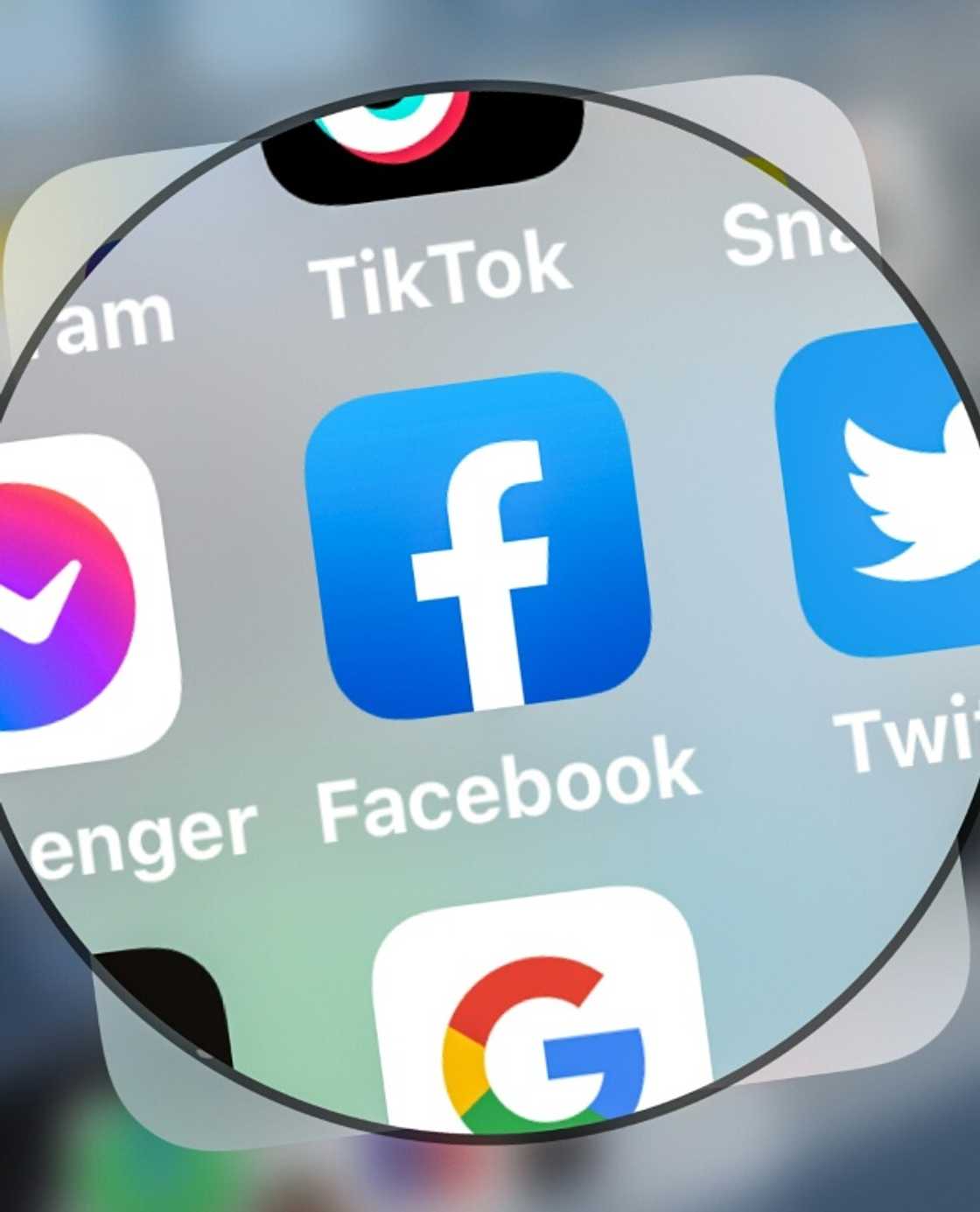'No evidence' Facebook harms well-being: global study

Source: AFP
PAY ATTENTION: Be the first to follow YEN.com.gh on Threads! Click here!
There is "no evidence" that the growth in using Facebook led to "widespread psychological harm", the largest independent scientific study on the topic concluded Wednesday, contradicting previous analyses and widespread perceptions.
The probe by the University of Oxford's Internet Institute, which analysed data from nearly 1 million people across 72 countries over 12 years, instead found "positive correlations" between adopting the social media platform and so-called well-being indicators.
Researchers combined data on well-being collected by Gallup with Facebook's own global membership statistics to assess how engagement with the site related to three indicators: life satisfaction, and negative and positive psychological experiences.
Facebook provided data, which its researchers had checked for accuracy, but did not commission, fund or influence the design of the study, or know the findings beforehand, according to the Oxford team.
Their paper also underwent peer review by the journal Royal Society Open Science.
Andrew Przybylski, an Oxford University human behaviour and technology professor, said they "examined the best available data carefully -- and found they did not support the idea that Facebook membership is related to harm".
"Quite the opposite," he added. "In fact, our analysis indicates Facebook is possibly related to positive well-being.
But Przybylski also noted that "this is not to say this is evidence that Facebook is good for the well-being of users".
Researchers on the project, which began before the Covid pandemic, worked for more than two years to secure the key data from Facebook, which currently reports nearly three billion users worldwide.
However, the team concentrated on the platform's international penetration from 2008 to 2019, combining it with responses about well-being from the same period by 946,798 individuals as part of Gallup's World Poll Survey.
Research Associate and study co-author Matti Vuorre said the approach was unprecedented when it came to analysing social media and the findings "should help guide the debate surrounding social media towards more empirical research foundations".
They contrast with previous studies, including two separate academic analyses last year which found Facebook had a negative impact on US college students' mental health, as well as litigation in the United States.
In 2021, former Facebook engineer Frances Haugen leaked more than 20,000 pages of internal documents suggesting the firm put profits before safety, prompting a renewed US push for regulation.

Source: AFP
Nearly 200 US school districts have since joined a lawsuit against big tech companies for allegedly causing mental harm, depression and anxiety among students.
Meta, the parent company of Facebook and Instagram, has denied the claims, with founder Mark Zuckerberg alleging "a coordinated effort to selectively use the leaked documents to paint a false picture".
New feature: Сheck out news that is picked for YOU ➡️ click on “Recommended for you” and enjoy!
Source: AFP



